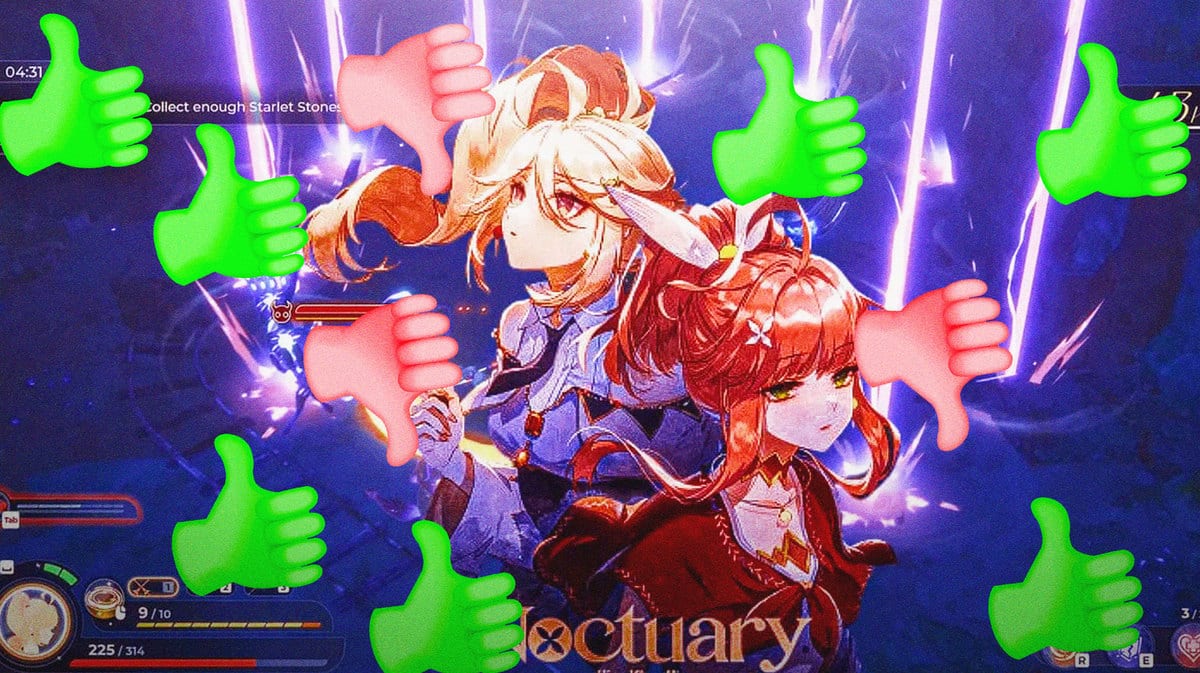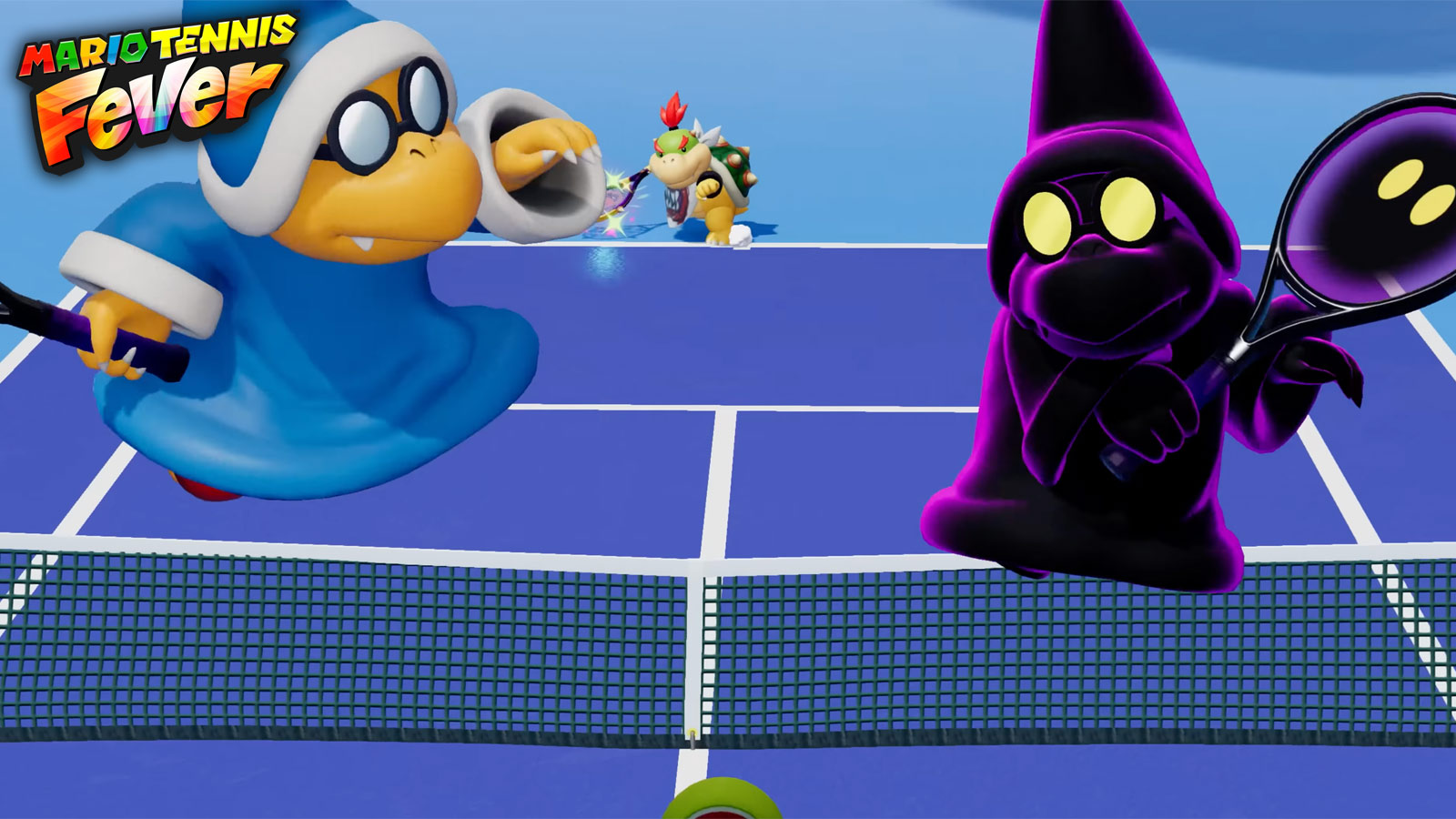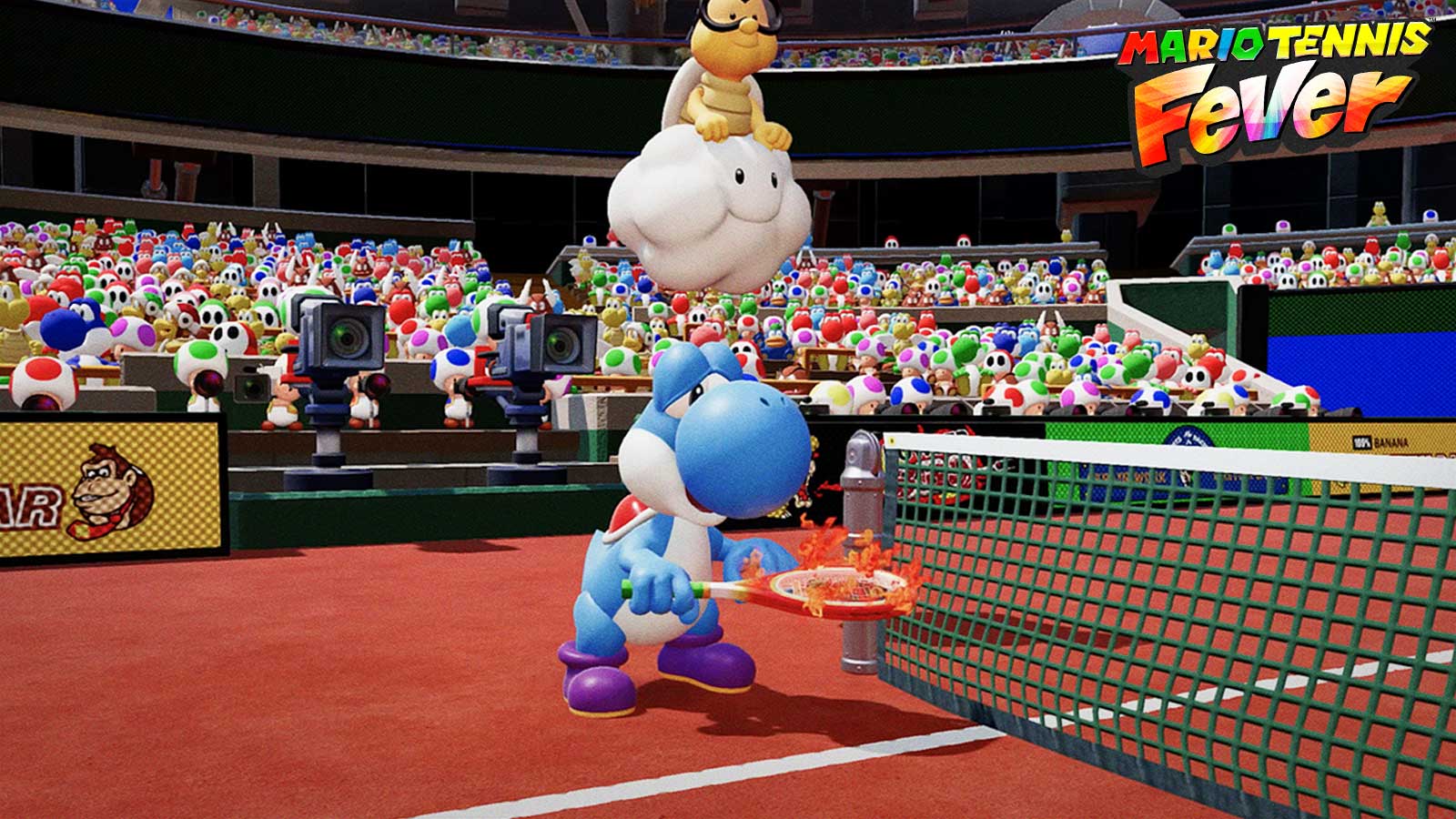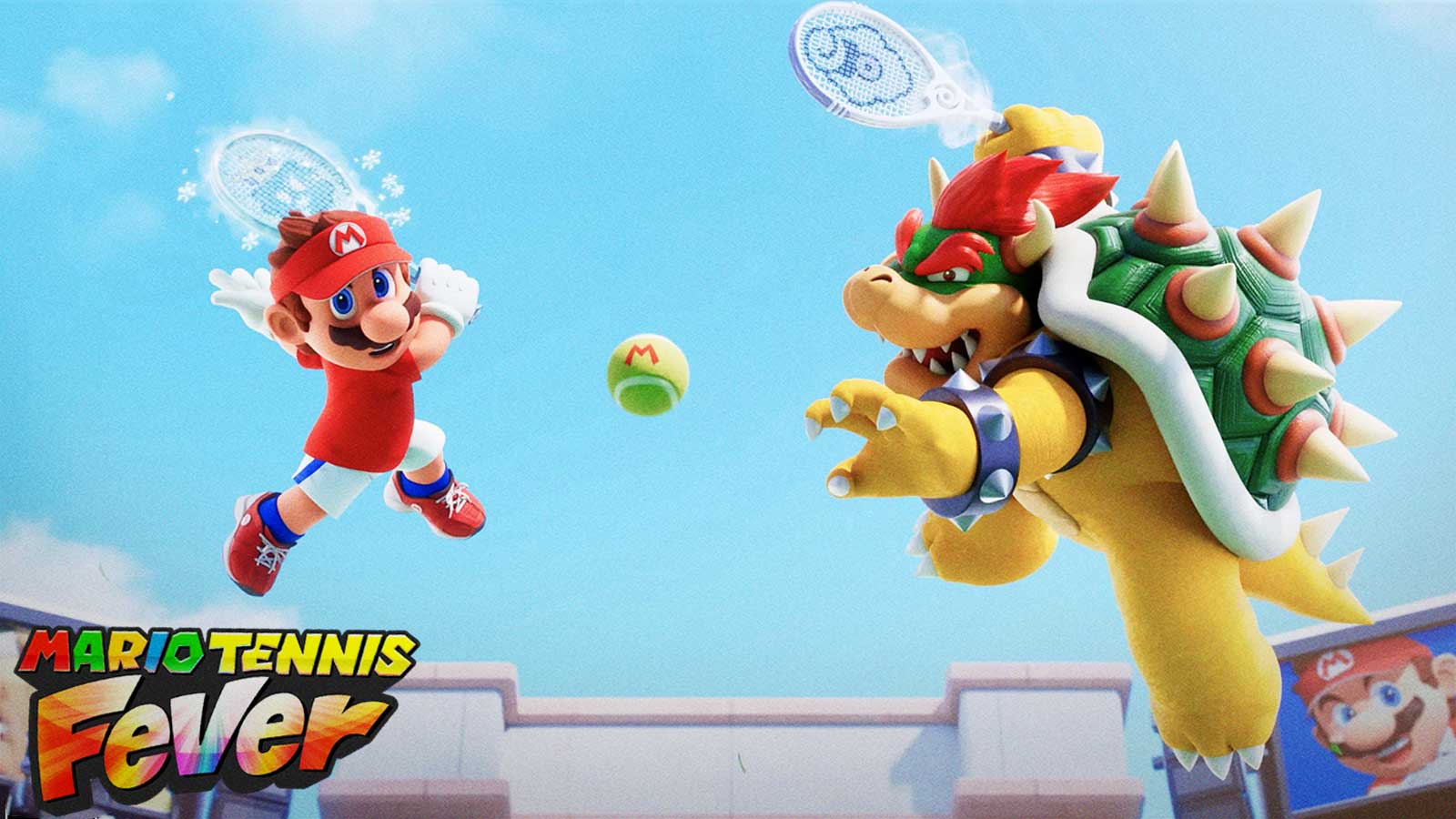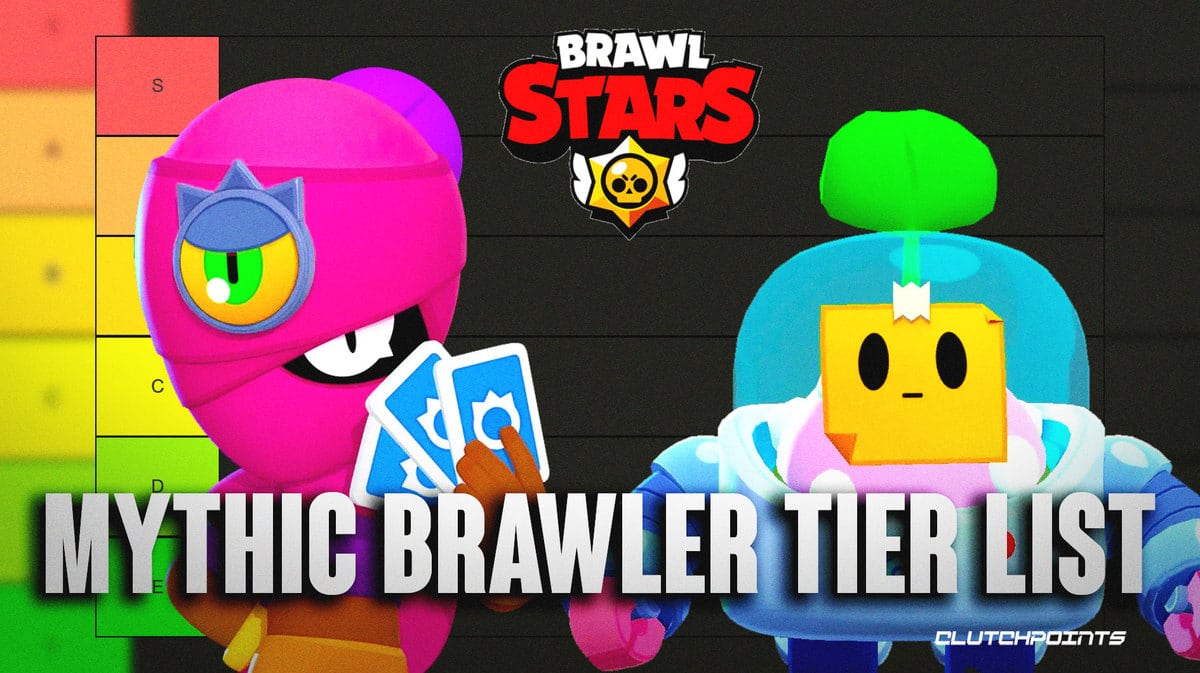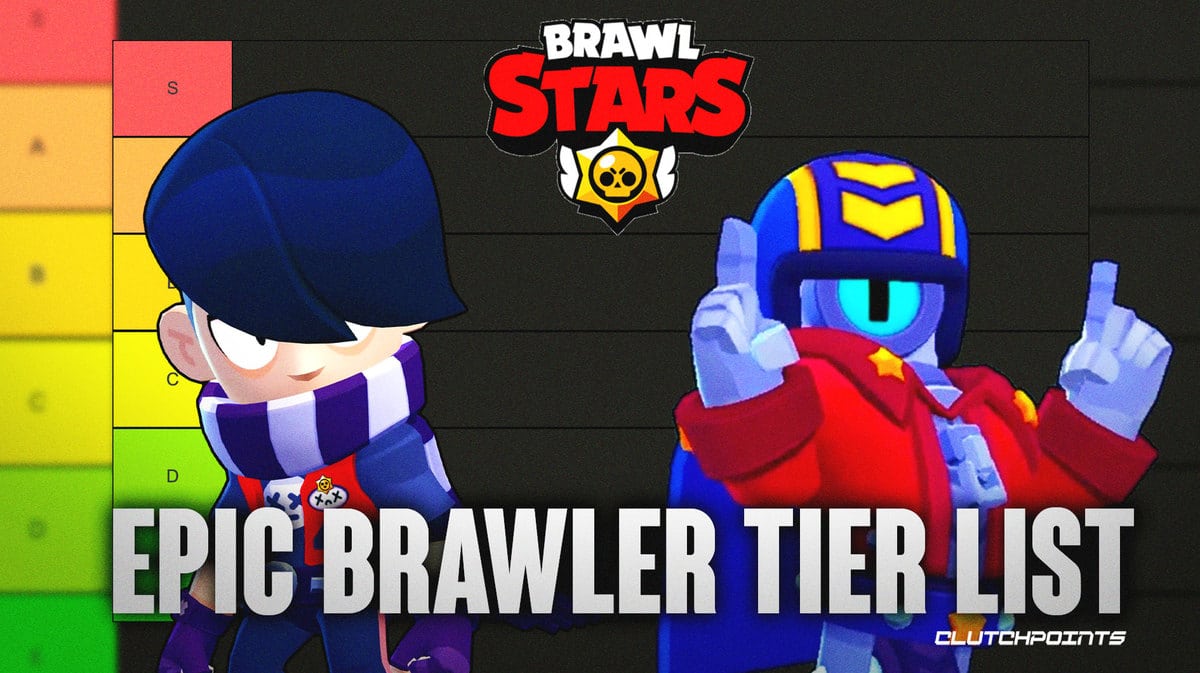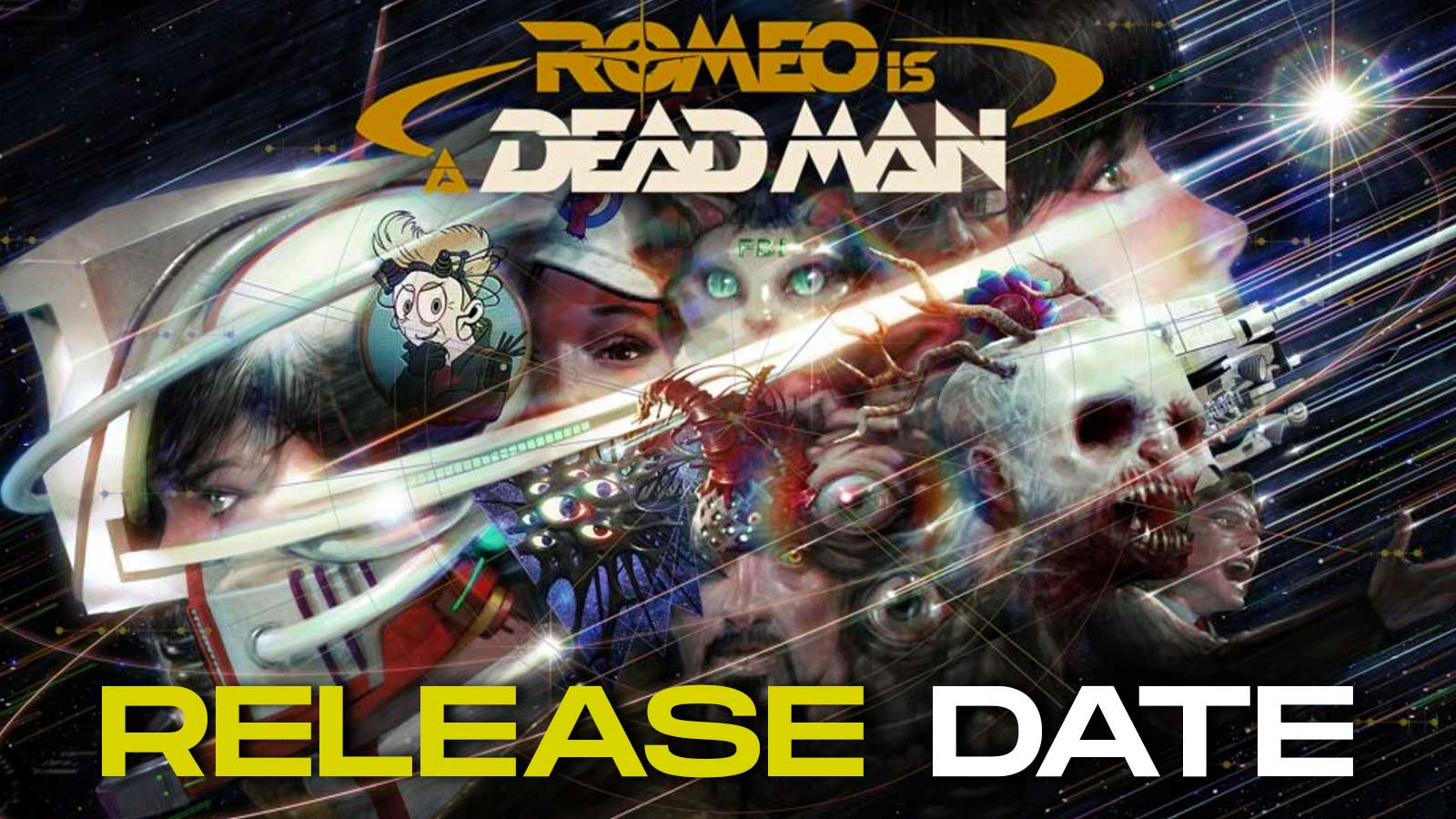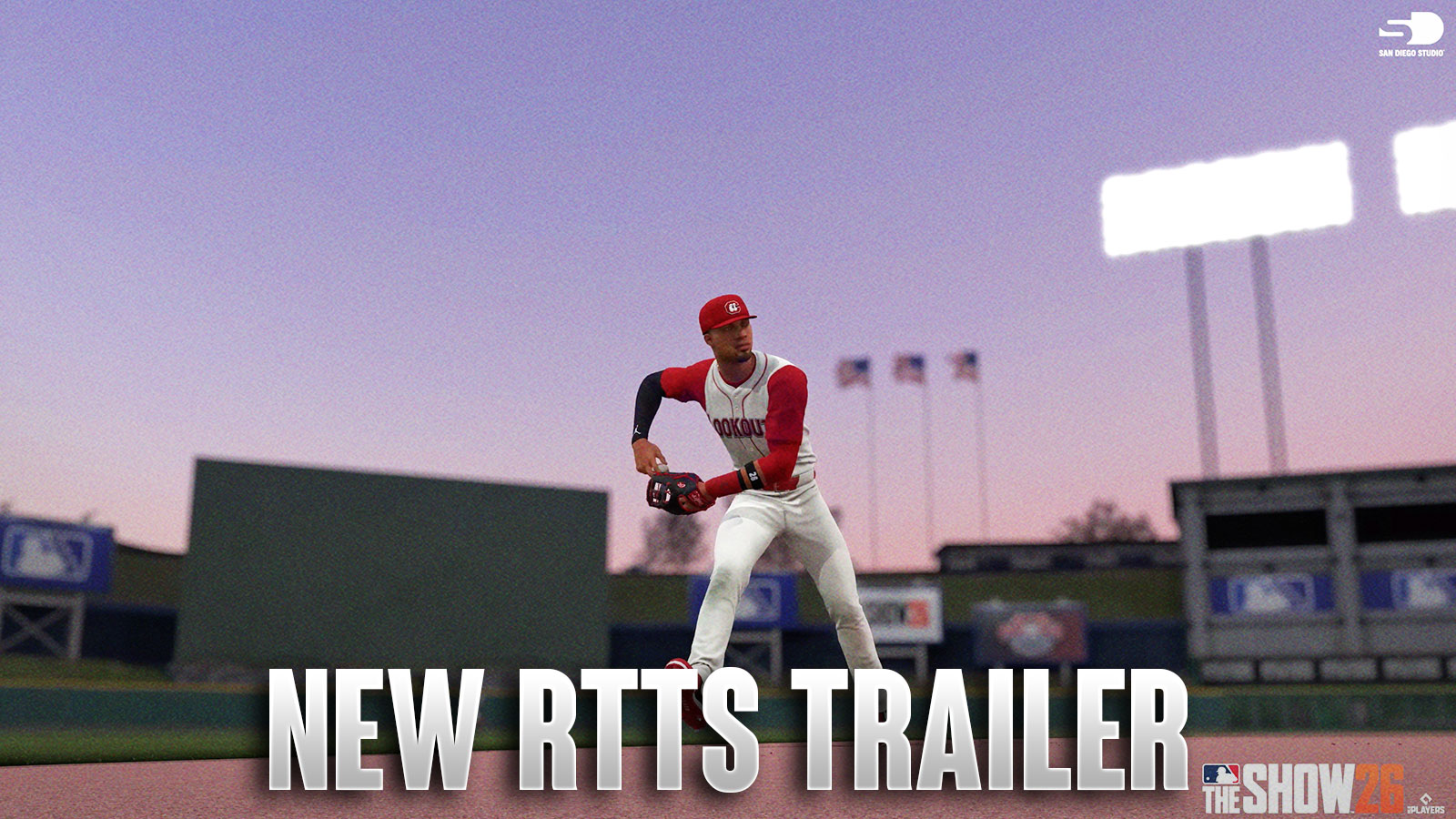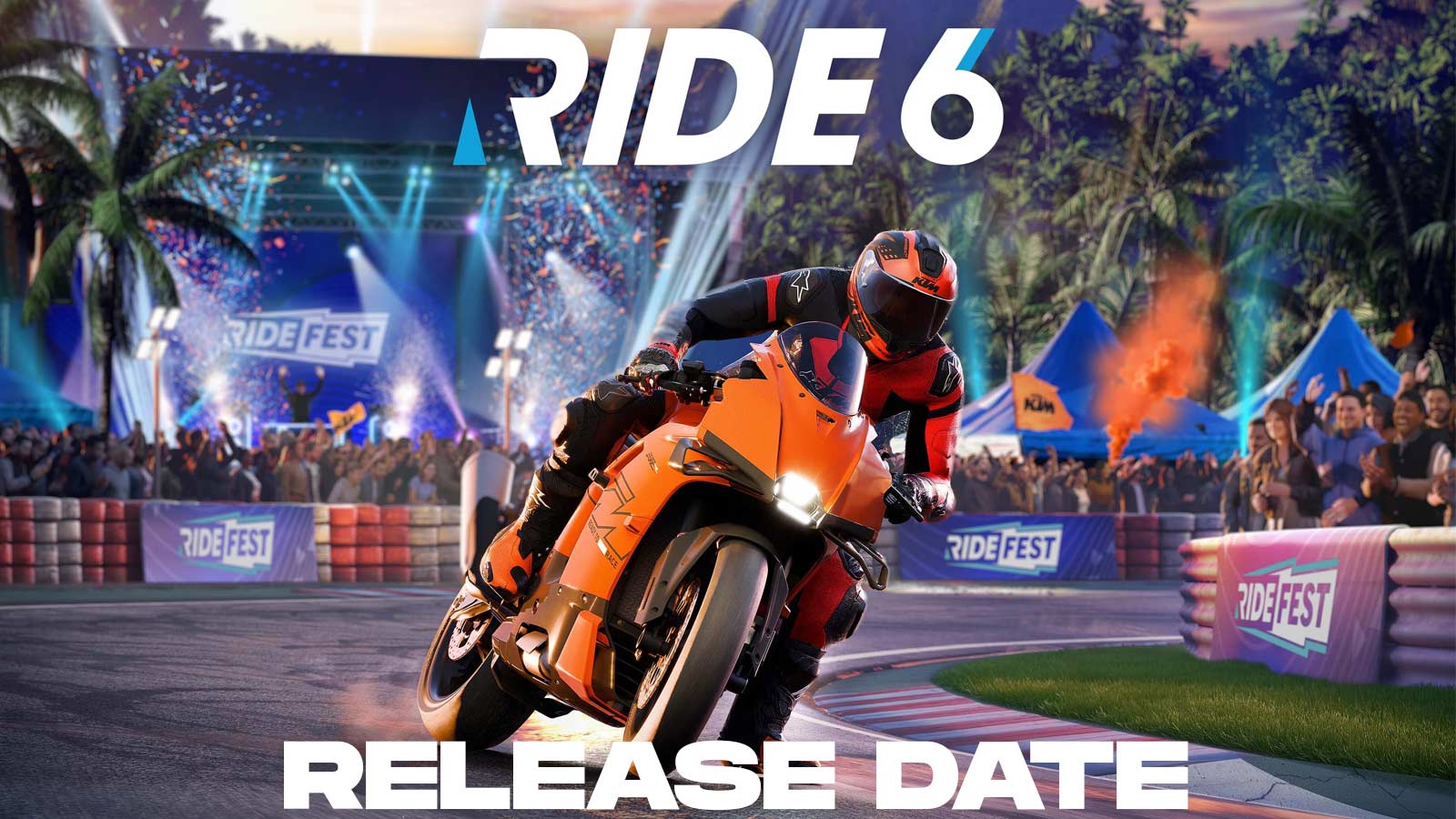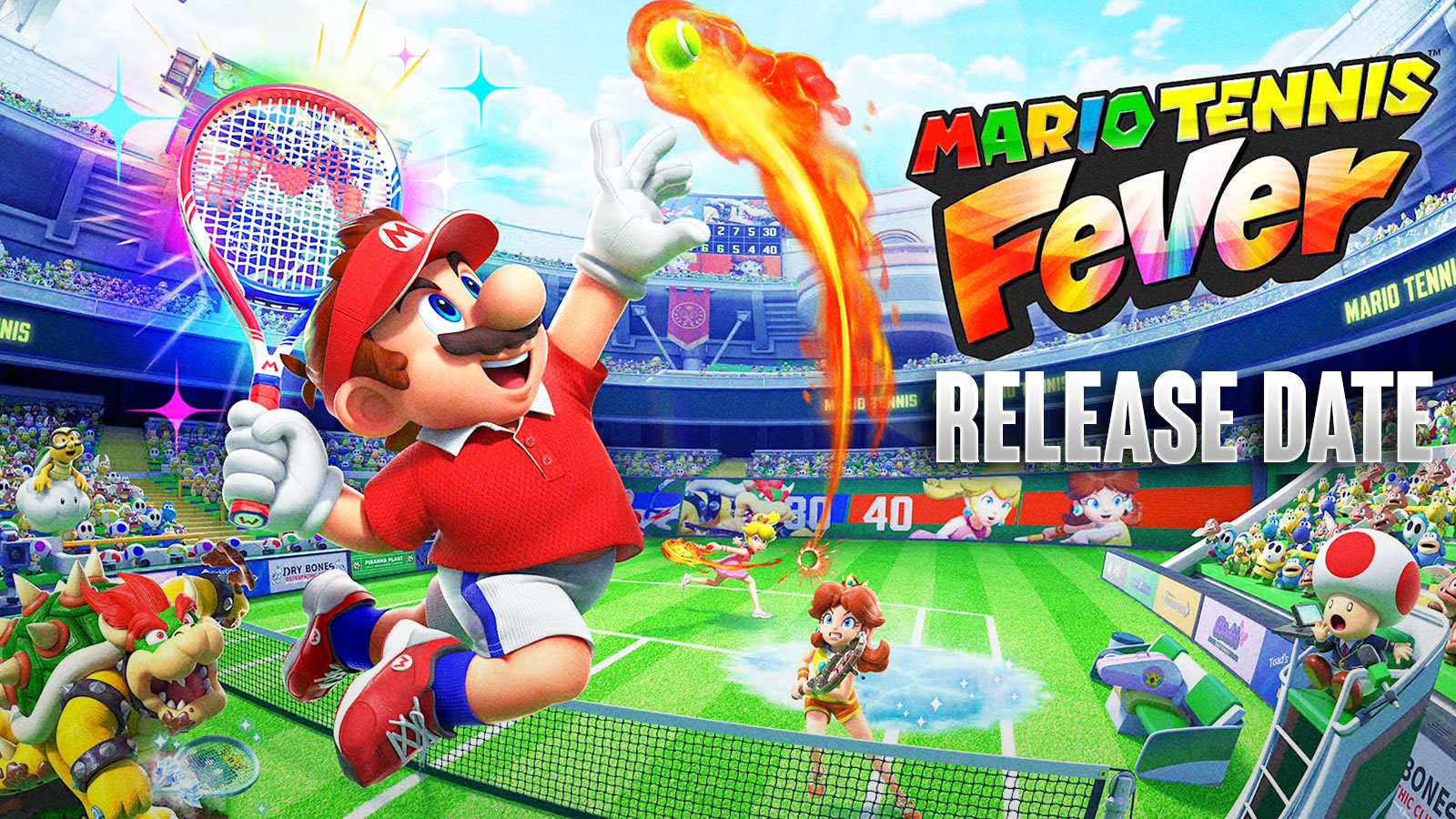When we first encountered Noctuary, we didn't expect the game to be as engaging as it would later turn out to be. Sure, we were confident in Gratesca's ability to deliver on the visual novel front, but the studio has never produced anything as action-heavy as Noctuary has set out to be prior to this title, hence the apprehension. Thankfully, Gratesca proved proficient on that front, too. But perhaps Gratesca ended up being over-cautious for their own good, as they still mostly focused on the game's visual novel aspects. That's only natural given the studio's experience with the genre, but we actually ended up feeling left hanging from the action front. In this Noctuary Review, we talk about the pros and cons of Gratesca's new title and discuss why we think the game could have been better with more fighting than what was in the final product.
Noctuary Review: What is Noctuary?
Noctuary is a Visual Novel Action RPG hybrid developed and published by Gratesca, released on the PC through Steam on November 28, 2023. It focuses on two main characters: Alina and Fancia. The game allows the player to use either Alina or Fancia in the combat sequences, while the visual novel narrative equally covers the two's adventures, perspectives, and conversations. As mentioned, Noctuary is a hybrid between two genres, but it is lopsidedly divided into a 70/30 ratio, with about 70% of the game dedicated to the narrative and only 30% in combat. With over 30 hours of content, that is a piece of very important information to know heading into the game, as players' preferences will affect their enjoyment of Noctuary, regardless of how well-crafted the game is.
Noctuary Story
Noctuary's story and lore are quite ambitious in the scope that it tries to achieve. In it, Gratesca was able to create a completely new world that definitely merits a revisit, but the game's massive scope also led to the game being weighed down by its own massiveness. For example, rather than focusing on telling its main story, the game has to spend a lot of time on exposition. There are various ways Gratesca presented information and lore-building in the game – through player conversations as well as auxiliary reading material, but to fully set its themes and setting, the game still had to spend a lot of its time explaining to the player how the world of Noctuary works.
While this helps players understand the world better and allows the characters to become more familiar with the player and make them more relatable, it does hamper the game's pace. A lot of the game's context can also be gathered through the various side quests that the player may embark on. Thus, due to this massive scope, Noctuary's storytelling sometimes feels sluggish, sometimes convoluted, with the main story not progressing for quite a while in the first few hours of the game.
The quality of the story is a hit or miss. Some of the logic behind its lore building has plentiful holes that don't get resolved and would require the player to just accept that things just work the way they do – and there are times when the lore building would just make your head scratch and make you go “What?”
While there are some amazing developments in the game (and very good character development overall), there are some questionable decisions made in the overarching story of the game. Overall, Noctuary tells a good story of a fight between good and evil, and has a lot of motifs on friendship and camaraderie, in an enjoyable package that might just take a bit too long for some people to dive into.
It also has a nice roster of characters that you'd end up caring for – characters with dreams, flaws, and emotions. After establishing their characters and personalities, everyone acts according to how they present themselves – according to the logic in the game and how their character tropes would behave based on common visual novel stereotypes and archetypes. Thankfully, this is a game where events happen thanks to the actions of the characters – a good example of character-driven storytelling.
The two heroines are at the center of all of this. Granted, for a majority of the early parts of the game, things seem to happen around them and they are only there to react. However, the game did start with a decision made by the two – and most of the game's story revolves around how the world reacts to the two's actions. The heroines play a small part for the majority of the game's first act – fitting for their station and rank, but grow into much more involved individuals later on in the game, as they grow in both combat prowess and character.
Being able to see the growth of the two heroines and see them take on more and more dangerous tasks and become more and more involved in the bigger picture was a great experience, and it really makes you root for the two's success. You were part of their growth, their training, of their adventure as they started to fill in bigger shoes throughout the game's thirty-something hours of gameplay. In the end, the game will make you feel for the heroines, regardless of which ending you get.
Noctuary Gameplay
As a visual novel, Noctuary hits the bill. It has all of the bells and whistles of a high-quality visual novel. The game mostly progresses through lines of dialogue and interactions between characters.
In terms of player agency, the game sometimes allows the player to choose what to say at certain points in the game. However, most of these decisions don't have a long-term impact on the story, and would only change the next couple of lines of dialogue, except for one particular stretch early on in the game. There are also a few CGs that are locked behind certain decisions, but for the most part, the game is linear and there are no branching storylines.
While many would find this disappointing, I find the game's linearity as somewhat refreshing. Not all stories need to branch off to endless directions, and Noctuary's focus allowed the developers to flesh out the only story it is trying to tell. For a studio of Gratesca's size, efforts on maintaining way too many branches of the story would have exhausted their resources and could have taken away from the overall quality and polish of the game, so narrowing the focus to a single storyline helped the game overall.
This doesn't mean that the game has no important decisions to make. The game does have multiple endings, although the parts where your decisions would end up becoming important would be quite obvious and easy to spot. You can also replay chapters in the story that will let you see different outcomes without playing another playthrough, including the final chapter. So, you can freely choose your decisions and explore the story at your own pace.
As mentioned earlier, the story is also complemented by a multitude of side quests. The side quests contain additional dialogue and conversations that unlock new abilities and upgrades for you to use in the action side of things. Side quests are time-sensitive in-game, so it's advisable for players to do all side quests first before continuing on the main path. This is especially important in unlocking the game's True Ending, as it will require collecting all of the game's Blessings – a feature we'll discuss later on. But overall, these side quests are entirely optional and are not required to complete the game for any of its non-True Endings.
One qualm I have with the visual novel aspect of the game is its subpar localization. The game only has Cantonese voice acting, and it does not cover the entire game at that – with voice acting reserved in battles and important sections of the game. It's obvious that the translators struggle with English as evidenced by some odd word choices and sentence construction. There are also a lot of typographical errors in the game. However, if you're able to look past these errors, the game's English translation is serviceable.
As for the action portions of the game – I cannot stress enough how surprised I was by the game's simple but robust fighting mechanics. The controls are intuitive and the combos are easy enough to learn while still leaving enough complexity for self-expression. Not all attacks that the two heroines have access to are useful all of the time, so there's also room for tactical thinking in the game. There's a good variety of enemies, and the boss fights are fun and fair.
To complement the game's action parts, there's a light RPG element in the game. There are stats that you can spend resources on, and a Blessings system that allows you to choose from a selection of passives that you can take along with you in the next action sequence. These are unlocked as you progress through the game, and there's a good variety of them too. None of them ever feel impactful enough to warrant deep thought behind them, but it's a nice addition that allows for some customization as well.
The game does have a problem with its AI, though – particularly the AI that controls your partner in combat. Sometimes, you'd forget that there are actually two heroines fighting together in the game as the majority of the damage will come from you – the player controlling the active character. It does dampen the game's selling point of having a pair of heroines when you don't see your counterpart pulling their weight. Unless you switch to the other character, they'd end up spending most of their time standing around and attacking in the wrong direction.
It's also a missed opportunity for the game to not have a co-op mode. Perhaps it's because of the drastic ratio that the game has between VN and action segments – co-op would indeed be awkward if only one player can play most of the time – but having two protagonists really lends itself to a co-op experience. Hopefully, if ever Gratesca decides to revisit Noctuary or to feature dual protagonists in the future, they'd consider co-op.
Overall, Noctuary is impressive in both of the genres it dipped its toes in – and makes us wish there were more of the game's action. Gratesca has the foundations for an amazing action game in the future, and I hope to see the same mechanics introduced in this game used in a more action-focused title.
Noctuary Graphics
Noctuary has beautiful and detailed character designs in anime art style, typical for visual novels. In-game sprites and environments are good-looking, with the art design showing heart and personality in spades.
I like the design of the characters in particular, as they are vibrant and really embody how the Illuminators in the game are sources of light and hope. The characters have colorful attires that also exude emotion and you can clearly tell what role they play in the story just with their design.
Noctuary utilizes rudimentary animation in the game's visual novel parts, with simple facial expressions being its most complicated movement. There are no 3D CG animations for the characters.
One minor call-out: the game spends a lot of time explaining how light is only emitted by the heroines in the game, yet the game's environments look bright, even deep within the forests, where little light is supposedly found. I get the practicality of it, but some games would render pitch-black sequences, whereas Noctuary only ever gives you faintly lit environments.
Noctuary Music and Sound Design
Noctuary has a very nice, comforting soundtrack. It's relaxing to play the game because of its background music. Even its combat music and the nefarious, less welcoming music that plays when the evil villains take the stage are relaxing.
The game has a serviceable sound design, although the combat sounds sometimes lack impact. It falls short of selling the devastation that the heroines' attacks cause. Sadly, this takes a bit of the oomph away from the game's combat, but not enough to make combat unenjoyable.
As also already mentioned, Noctuary features Cantonese voice acting – lacking English or Japanese voice acting – two languages that many Western fans might look for in a VN game. The majority of the game doesn't have anything more than just grunts or giggles to voice dialogue, but major parts of the story do have full voice acting. The Cantonese voice acting performance and quality are great – at least from the little Cantonese I understand, and there's a lot of emotion put into them.
Hopefully, a fan project ends up creating complete English voice acting for the game, as it appears that Gratesca has no plans for it at this point in time.
Verdict: Is Noctuary a Good Game? Is Noctuary Worth Your Time and Money?
Noctuary is a decent game that tells a nice story of sisterhood, packaged in a polished base game with some lackluster localization. Its action sequences are fun in short bursts and offer some complexity that I wish to see in future games – hopefully action-focused ones. Its visual novel is decent and has everything you'd look for in a visual novel, but is more linear compared to other visual novels of its length. While sometimes the story is too convoluted for its own good, Gratesca has sown the seeds on what could be an interesting new IP, set in a world I don't mind revisiting in the future through a new game.
Score: 7.5/10
Editor's Note: ClutchPoints received a PC review copy of Noctuary to allow us to cover the game. This copy did not, in any way, affect this Noctuary review and score.

